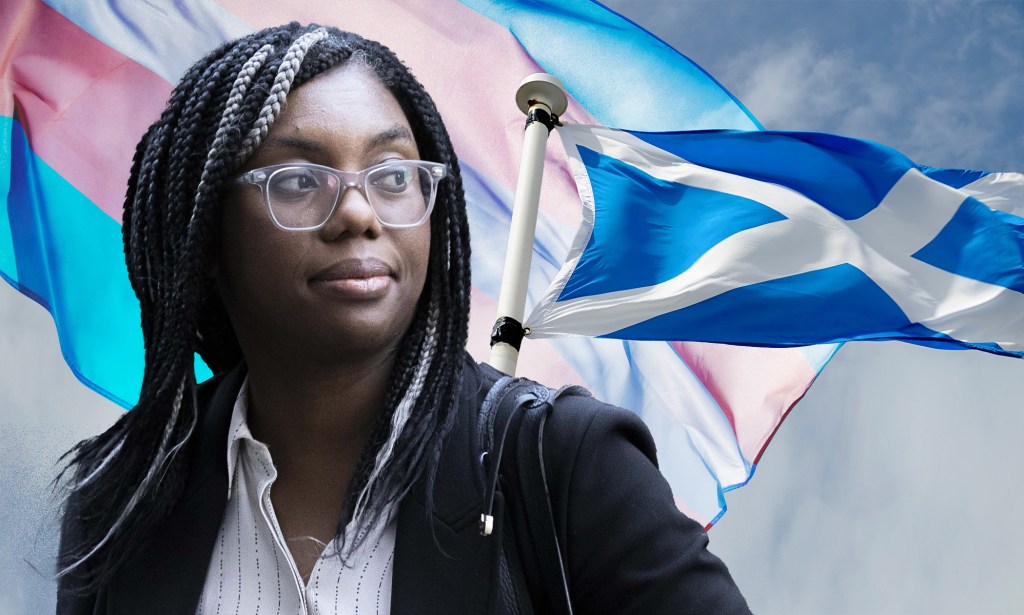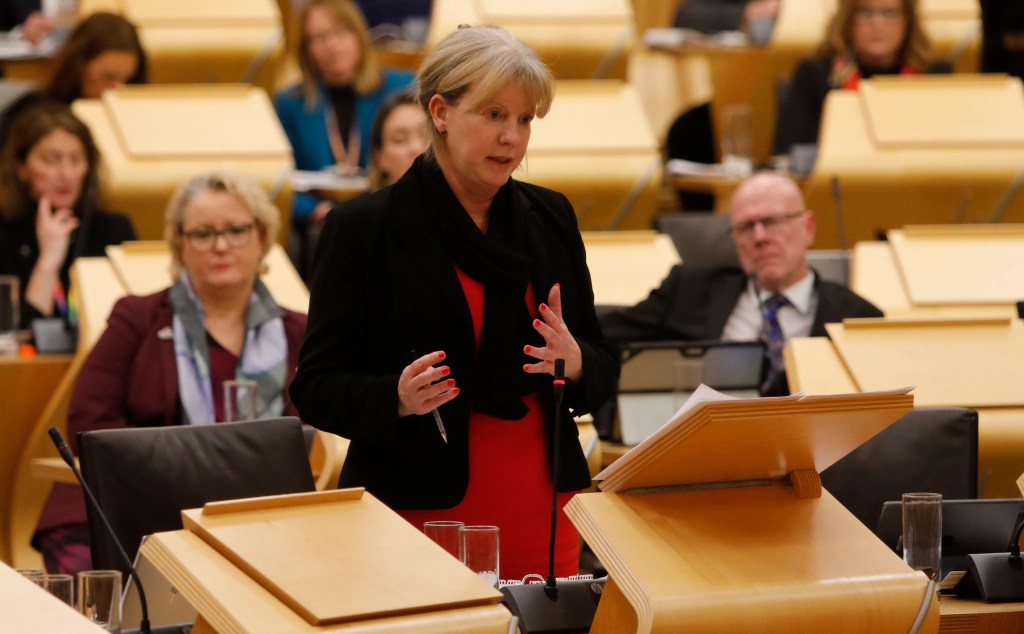Rishi Sunak threatens to block Scotland’s landmark trans rights bill

Prime Minister Rishi Sunak leaves 10 Downing Street. (Getty)
The prime minister has said it would be “completely reasonable” for the UK to potentially block Scotland’s Gender Recognition Reform Bill from becoming law.
The bill, which will allow trans people in Scotland to access Gender Recognition Certificates (GRC) without the need for medical intervention, passed through the Scottish Parliament by a margin of 86 to 39.
However the UK government is now setting the stage for an unprecedented intervention, with Rishi Sunak bacing the suggestion the Tories could block the bill from gaining Royal Assent, a move that Scottish MSPs state would be “vigorously contested”.
“Lots of people have got concerns about this new bill in Scotland, about the impact it will have on women’s and children’s safety,” Sunak said on Friday (23 December).
“So I think it is completely reasonable for the UK government to have a look at it, understand what the consequences are for women and children’s safety in the rest of the UK, and then decide on what the appropriate course of action is.”
He spoke after Tory Scottish secretary Alister Jack suggested that he could seek to block Scotland’s gender recognition reforms from gaining Royal Assent via a never-before-used provision of the Scotland Act.

“We share the concerns that many people have regarding certain aspects of this bill, and in particular the safety issues for women and children,” Jack said in a statement seen by PinkNews.
“We will look closely at that, and also the ramifications for the 2010 Equality Act and other UK-wide legislation, in the coming weeks – up to and including a Section 35 order stopping the bill going for Royal Assent if necessary.”
Tory minister for equalities Kemi Badenoch has also expressed her opposition to the bill, saying on Twitter that she was “disappointed” to see amendments to the bill voted down on Thursday (22 December), and claiming MSPs needed “more time” to consider it.

“Today the SNP passed their gender recognition bill, despite strong opposition from even within their own party, the Equality and Human Rights Commission, the UN Special Rapporteur on Violence Against Women and Girls, and a variety of civic groups in Scotland,” Kemi Badenoch said in a statement.
“I share their concerns. Particularly, on this bill’s impact on the functioning of the Equality Act…
“The UK government is now looking at provisions that can prompt reconsideration and allow MSPs to look at these issues.”
The Scottish government has made clear the Gender Recognition Reform bill does not change the Equality Act 2010.
Scottish social justice secretary Shona Robison told BBC Radio Scotland that any attempt by the UK – including the use of Section 35 of the Scotland Act, which has never before been invoked – “to undermine the democratic will of the Scottish Parliament will be vigorously contested”.
She added: “The bill as passed is absolutely within legislative competence and of course was backed by an overwhelming majority with support from all parties.”

Speaking to Good Morning Scotland, Scottish Lib Dem leader Alex Cole-Hamilton said he would be “dismayed” if the UK government chose to block the bill.
“I think it’s inevitable that this bill will end up in court in one way or another but I am confident that we have given it the diligence and scrutiny and tested it in Parliament to ensure it will withstand any court challenge,” he added.
What does the Gender Recognition Reform bill mean for trans people?
The legislation, which passed its first vote on 27 October, would amend the Gender Recognition Act 2004 to lower the age limit to apply for a Gender Recognition Certificate (GRC) from 18 to 16, and shorten the period a trans person would have to wait before legally changing their gender (three months for those over 18, six months for those under).
Trans people would also be able to gain legal recognition without being required to get medical reports or a diagnosis in order to obtain a GRC.
Under current legislation, trans people must apply to a UK gender recognition panel and present reports as well as a diagnosis of gender dysphoria – a process that can take years given the immense wait times at NHS gender clinics.
Stonewall director of nations Colin MacFarlane called Thursday’s vote a “tremendous step forward for trans rights”.
“It brings Scotland into line with international best practice and once again establishes itself as a world leader on human rights, by making a small change which brings dignity to trans people who deserve to be legally recognised for who they are,” MacFarlane added.
“The UK government must now follow and introduce legislation to ensure that trans people UK-wide have access to the same standards of human rights.”

